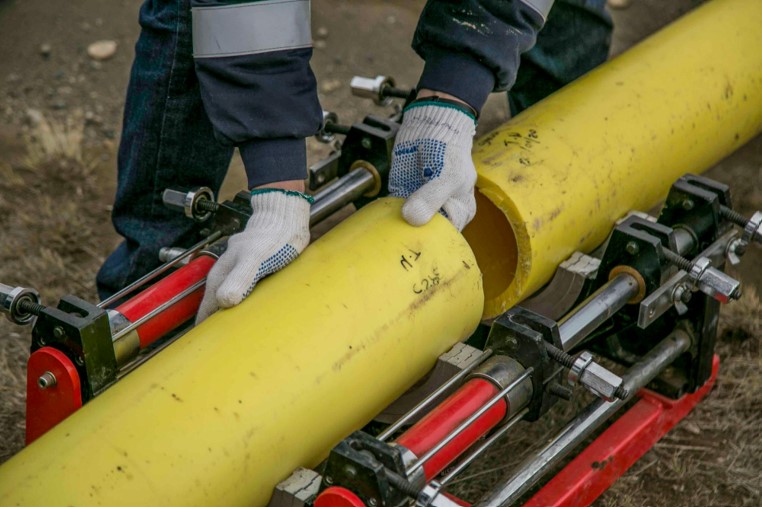As a property manager, maintaining the plumbing system of your property is crucial to ensuring the comfort and satisfaction of your tenants. One of the most common issues you'll encounter is clogged drains. Neglecting drain cleaning can lead to unpleasant odors, slow drainage, and even water damage. Here’s everything you need to know about drain cleaning to keep your property's plumbing system in top condition.
Understanding the Causes of Drain Clogs
The first step in effective drain cleaning is understanding what causes clogs in the first place. Common culprits of a clogged drain include hair, soap scum, food particles, grease, and mineral buildup. Educating your tenants about proper disposal practices can help prevent many clogs before they occur. Additionally, knowing the specific factors that contribute to clogs in your property's drains can help you develop targeted cleaning strategies.
Regular Maintenance to Prevent Clogs
Prevention is always better than cure when it comes to drain cleaning. Implementing a regular maintenance schedule is key to preventing clogs and keeping your plumbing system flowing smoothly. This can include tasks such as using drain strainers, periodically flushing drains with hot water or vinegar solutions, and scheduling professional inspections and cleanings.
- Use drain strainers: Encourage tenants to use drain strainers in sinks, showers, and tubs to catch hair, food particles, and other debris before they can cause clogs.
- Flush drains regularly: Schedule regular flushing of drains with hot water or vinegar solutions to break down buildup and prevent blockages from forming.
- Schedule professional inspections and cleanings: Arrange for professional plumbers to inspect and clean your property's drains regularly to identify and address any issues before they escalate.
DIY Drain Cleaning Techniques
When a clog does occur, knowing how to address it promptly can minimize inconvenience for your tenants and prevent further damage. Several DIY drain cleaning techniques can be effective for minor clogs. These include using a plunger, drain snake, or homemade drain cleaner. Providing tenants with basic tools and instructions for these techniques can empower them to address simple clogs themselves.
Professional Drain Cleaning Services
For more stubborn or persistent clogs, enlisting the help of professional drain cleaning services may be necessary. Professional plumbers have the expertise and specialized equipment to effectively remove even the toughest blockages without causing damage to your pipes. Regularly scheduling professional drain cleanings can also help identify and address underlying issues before they escalate into costly repairs.
Implementing Drain Maintenance Policies
To ensure consistent drain cleaning practices across your properties, consider implementing drain maintenance policies in your lease agreements or property guidelines. Clearly outline tenant responsibilities for preventing and reporting drain clogs, as well as the procedures for accessing professional drain cleaning services when needed. Regularly communicate these policies to tenants to reinforce their importance and encourage compliance.
Effective drain cleaning is essential for property managers to maintain the functionality and longevity of their plumbing systems. By understanding the causes of drain clogs, implementing preventative maintenance measures, and knowing when to enlist professional help, you can minimize disruptions for your tenants and avoid costly repairs. With the strategies outlined in this guide, you'll be well-equipped to keep your property's drains clear and flowing freely.
If you need help with Charlotte Property Management please contact us.










